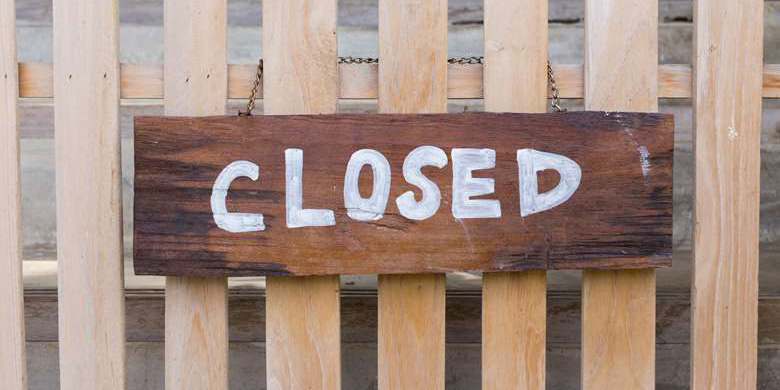

By Millie Collins
ON 15 MARCH, while hundreds of thousands of workers took to the streets to demand fair pay, the Tories unveiled yet another reactionary budget. Key features were more giveaways to the 1% in the form of tax-free ‘investment zones’ and scrapping the cap on pension pots, which will allow the already rich to pay less tax. Not a penny was allocated to raising to public sector workers’ pay.
The one progressive element in the budget was the much-heralded childcare reforms. Hunt is now expanding the ‘30 Hours Free Childcare’ scheme so that working parents of all children over the age of nine months will be entitled to 30 hours free childcare from 2025, i.e. after the next election.
The headline figure of £4bn, however, is not what it seems. As we’ve covered previously, the ‘free childcare’ provided by the government is woefully inadequate. With each child’s place receiving a miserly £5 an hour, many providers cannot cover their costs.
Hunt has promised the funding will increase from September from £205m to £288m. Yet research conducted by Women’s Budget Group, a thinktank, has estimated the actual costs to properly fund even the current 30 free hours scheme would be an additional £1.82bn.
While this policy might seem promising, it is a wolf in sheep’s clothing. Included in the fine print was yet another assault on Universal Credit claimants. As usual the Tories are keen to redirect anger away from themselves and towards benefits claimants, while increased pressure on the jobs market is expected to curb wage demands.
Attack on benefits
Hundreds of thousands of parents who rely on UC will be pushed into full time work when their child turns three. The government has increased the amount of working hours required to access free childcare and the benefits system in general by almost double: from 16 hours to 30 hours per week.
This was not a headline announcement but has been stealthily introduced alongside several other draconian benefit policy changes. This dramatic turn in policy has been denounced by charities as ‘unconscionable’ saying it ‘devalues unpaid care’ and will disproportionately affect single mothers, driving families into debt and vulnerable children into poverty.
The sweeping change is intended to push parents back into the workforce. Unlike the additional childcare provision for one and two-year-olds, this ‘reform’ is due to be introduced in the upcoming financial year and is aimed at the family’s lead carer, predominantly the mother.
In addition to the 30 hours requirement, claimants will also have to meet with a job coach every three months—up from every six months—as soon as their child turns one. Parents of two-year-olds will have to attend coaching monthly. In addition, there will be a requirement for claimants to seek employment if their partner is in paid work but their wages are topped up with UC.
Disability
Hunt also announced that the Work Capability Assessment (WCA) will finally come to an end. The punitive WCA regime has been responsible for several tragic deaths, most famously Stephen Smith, whose photo went viral in 2019.
Mr Smith weighed six and a half stone, suffering from lung disease and osteoarthritis. Under the WCA, the Department of Work and Pensions (DWP) declared Mr Smith fit for work. He died a few months later, his back paid benefits paying for his funeral.
While the details of its replacement are still vague, ministers are expected to use the Personal Independence Payment (PIP) system to give disabled people extra help. Fit for work assessments will now be carried out by DWP work coaches rather than by a trained medical professional.
They will assess what level of work, including voluntary jobs, claimants can commit to. The right to appeal decisions has also been removed—68% of PIP appeals are successful under the current system.
Under the new system many long and short term disabled claimants who don’t qualify for PIP will be left without the means to live, as PIP only addresses the additional costs of having a disability. PIP assessments are notoriously unfair with decisions being made on a point based system, some claimants missing out on receiving any support by one or two points.
The DWP is infamous for its cruel treatment of disabled and mentally ill claimants. It disproportionately discriminates against disabled people and is pervaded by a culture of suspicion, the false belief that many fake debilitating conditions in order to ‘leech’ off the state.
System on its knees
The childcare system is crumbling and these paltry measures don’t even come close to addressing the scale of the problem—if anything they make a bad situation worse. Soaring running costs, staff retention problems and chronic underfunding are just some reasons nurseries are struggling. Ofsted reported that over 4,000 nurseries closed in 2021–22 creating a catastrophic ripple:
The struggle for childcare is part of the struggle for women’s equality. Ultimately this has proven to be impossible to achieve under capitalism. The childcare system is on the verge of a total breakdown and radical action is needed.
We need a democratically planned economy to institute the necessary measures, such as nationalised nurseries run under workers’ control, workers’ canteens and laundries. These can finally free women from the burden of domestic labour and ensure all children have access to quality early years education.